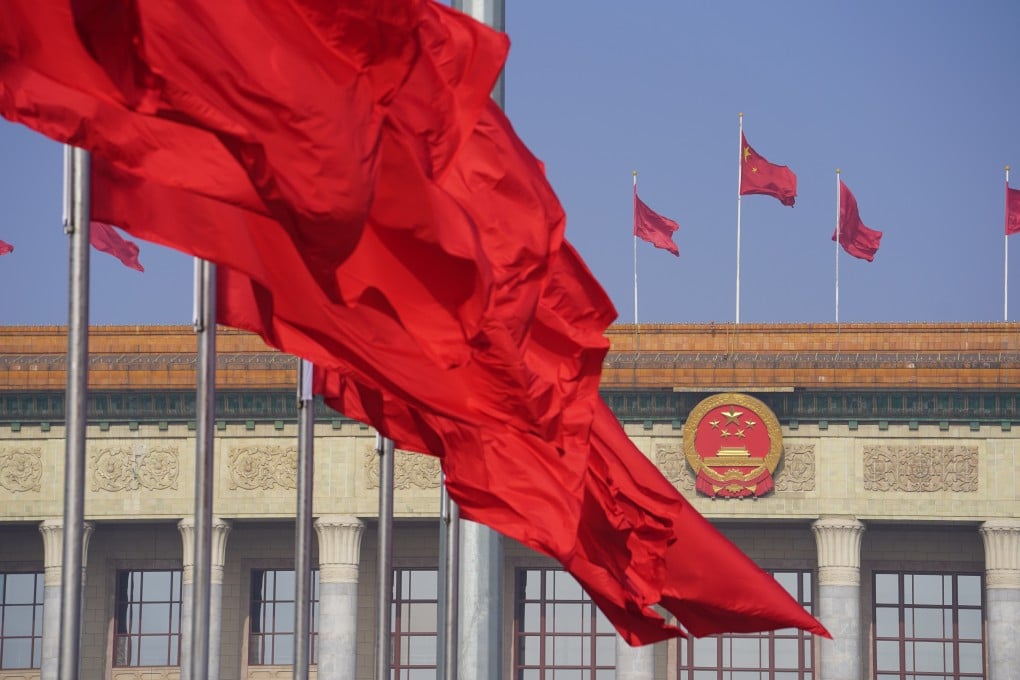As I see it | Decoding the deliberate ambiguity of China’s expanding core interests
- Beijing’s finely tuned ranking of its vital concerns reveal how China assesses its place in the world in relation to the US
- The Chinese leadership adopted the term in the early 2000s as part of an effort to persuade Washington to regard the rising power on equal terms

The concept was first introduced to China’s foreign policy in the early 2000s, as Beijing sought to persuade Washington to accommodate its ascendancy while avoiding the historical trap of confrontation between a ruling power and a rising one. Similar to the US, China’s national interests are roughly categorised into three levels: core, important and secondary.
A further attempt was made in September 2011, with a Chinese government white paper which summed up China’s core interests as: “state sovereignty, national security, territorial integrity and national reunification, China’s political system established by the constitution and overall social stability, and the basic safeguards for ensuring sustainable economic and social development.”
As many China watchers have pointed out, the white paper underlined Beijing’s global ambitions and growing confidence, in particular when dealing with Washington as an equal. “If only Washington would recognise this logic and yield its remote, peripheral, noncore interests in Asia in favour of China’s truly essential, ‘legitimate’ interests, then the two sides can enjoy peace,” said veteran sinologist Andrew Nathan in 2013.
It was just three weeks ago that China’s Foreign Minister Wang Yi made another rare attempt to fine-tune the ranking of core interests, which seems vital to understanding how a rising Beijing assesses its place in the world vis-à-vis Washington.
It was during a meeting with visiting second-ranking US diplomat Wendy Sherman that Wang laid out the three “bottom lines” of China’s core interests. Unlike 10 years ago – when sovereignty and territorial claims were ranked at the top – Beijing appears now to put greater emphasis on defending its party-state authoritarian system and unique development model.
